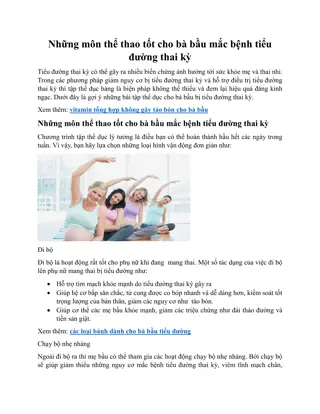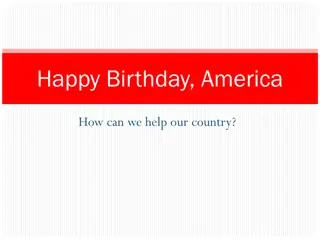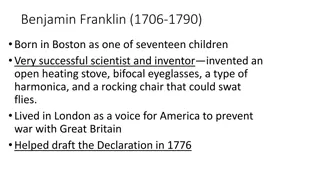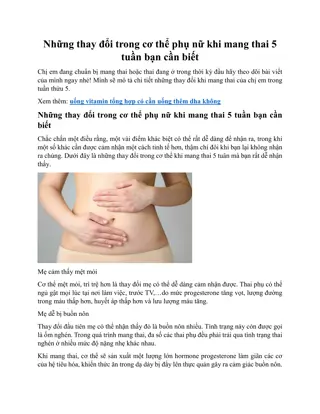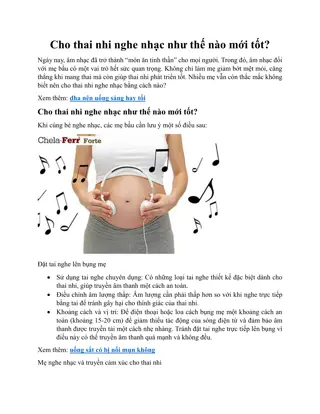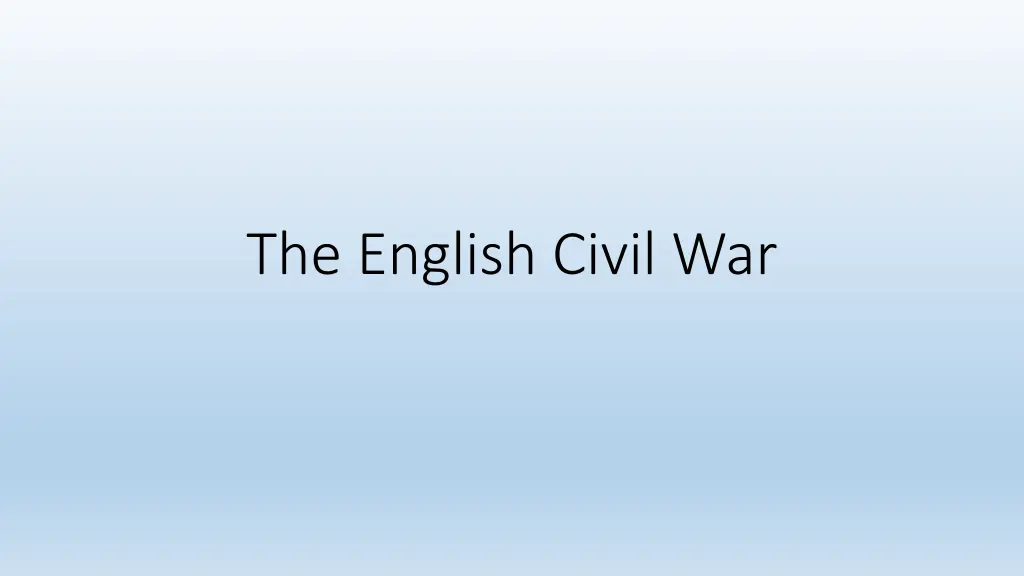
English Civil War: Causes, Events, and Consequences
Explore the complexities of the English Civil War, from Charles I's reign and struggles with Parliament to the birth of the Commonwealth under Oliver Cromwell. The conflict between Royalists and Roundheads, the Petition of Right, and the ultimate execution of King Charles I shaped this pivotal period in English history.
Download Presentation

Please find below an Image/Link to download the presentation.
The content on the website is provided AS IS for your information and personal use only. It may not be sold, licensed, or shared on other websites without obtaining consent from the author. If you encounter any issues during the download, it is possible that the publisher has removed the file from their server.
You are allowed to download the files provided on this website for personal or commercial use, subject to the condition that they are used lawfully. All files are the property of their respective owners.
The content on the website is provided AS IS for your information and personal use only. It may not be sold, licensed, or shared on other websites without obtaining consent from the author.
E N D
Presentation Transcript
Charles I and the new social Charles I and the new social classes classes James I (died 1625) Charles I (1625-1649) He believed in the divine right of Kings : the king s absolute power to rule without Parliament and to reject laws made by it Meanwhile in England new social classes were arising: Landed gentry (landowners); New middle classes (merchants and artisans) They supported the Parliament and they claimed to be more represented
Struggle Struggle between between the King and the the King and the Parliament Parliament The King The Parliament was determined to control finances wanted to raise money on his own without the approval of the Parliament
The The Petition Petition of Right (1628) of Right (1628) In 1628 the Petition of Right was forced on (imposta a) Charles. This series of laws limited King s power in several ways and prevented him from (gli impediva di) raising taxes without the parliamentary authorisation. When Parliament refused to give him money, Charles responded by dissolving Parliament and from 1629-40 ruled as an absolute monarch.
The The Civil Civil War (1642) War (1642) A civil war broke out for supremacy between two opposing factions: The Royalists or Cavaliers (King) VS The Roundheads or Parlamentarians (Parliament, led by Oliver Cromwell) They were Puritans. They were supported by small landowners and artisans ( a conservative group and a radical group- the Levellers) They were both Catholics and Protestants. They were supported by aristocracy and rich landowners.
The The birth birth of the Commonwealth (1649) of the Commonwealth (1649) Oliver Cromwell took control of London and arrested over 100 members of Parliament loyal to king. The members that remained formed the so-called Rump Parliament who voted Charles I s execution. On 30 January 1649 King Charles I was executed, the monarchy was abolished and Cromwell established a sort of Republic known as the Commonwealth.








